KABALE DISTRICT PHYSICAL DEVELOPMENT PLAN KICKS OFF
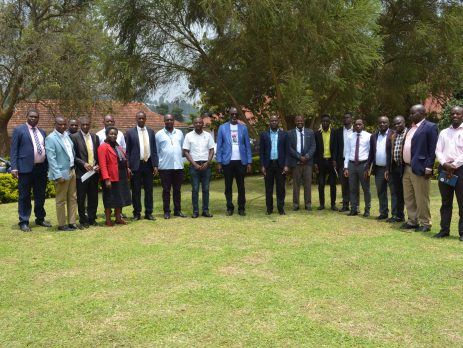
By Ambrose Kweronda
In Kabale
Kabale District Authorities in partnership with the ministry of Lands Housing and Urban Development, have launched commenced the processes developing the District Physical development plan.
The Physical Development Act 2020 declares the entire country a planning area and mandates all cities, municipalities, town or urban councils and trading centers in rural areas, to possess a detailed physical development plan intended to address specific development planning problems of a specific and respective area.
According to the Kabale district physical planner, Emmanuel Turyagyenda, the plan will be undertaken by technocrats from the ministry of lands, housing and urban development in conjunction with the district local government.
He added that the entire process of drafting the plan will require over 300million shillings.
The Kabale District Natural resources officer, Henry Tumwesigye, says that the District physical development plan, once completed will help to realize well planned and sustainable developments in the District.
In accordance with the Physical Planning Act (PPA) 2010. He also adds that the process of developing the plan will last 9 months.
The Kabale Deputy District Resident Commissioner, Ronald Bakak said that since the ministry of local government has not guided on the boundaries of the proposed Kabale City, the District will go on with the idea of undertaking the development of the physical plan.
Swaibu Mutaka, a physical engineer attached to the ministry of Lands, housing and Urban Development said that the development plan will be adjusted if the government makes a final pronouncement about the Kabale city.
The Kabale District LC5 Chairperson, Nelson Nshangabasheija, noted that the physical Development Plan will help district leaders and other decision makers on making informed decisions about the social, economic, and physical developments to be undertaken in the district.
The process of drafting the physical development plan will include stakeholder engagement, data collection, situation analysis, drafting of the plan and its presentation, monitoring and evaluation of implementation and approval by the ministry








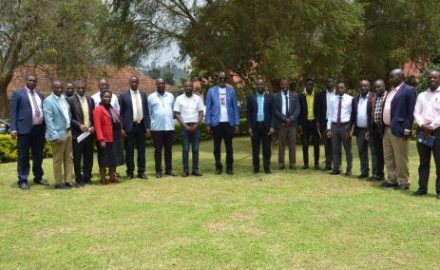


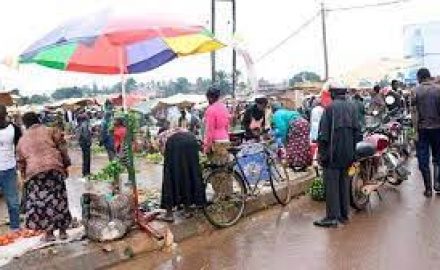

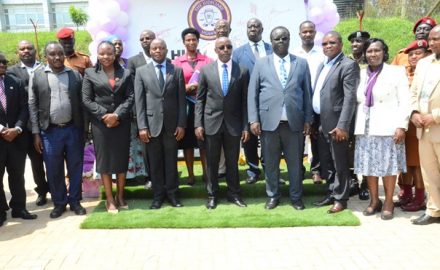
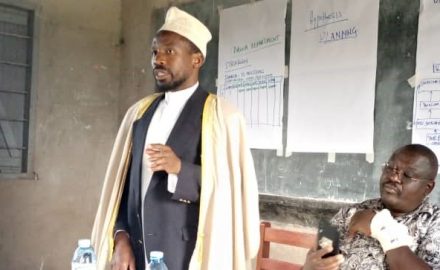
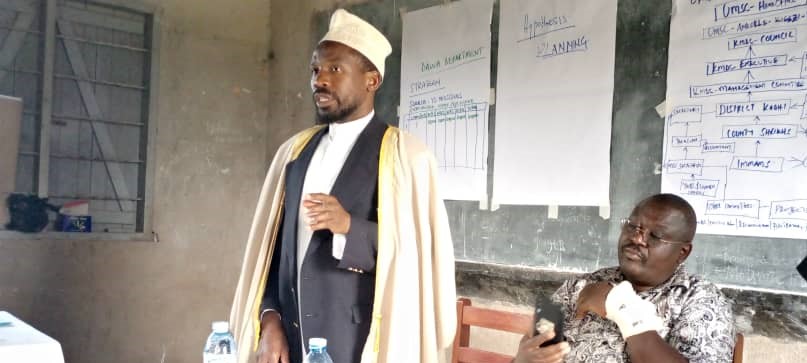
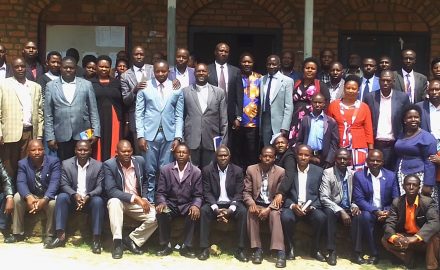
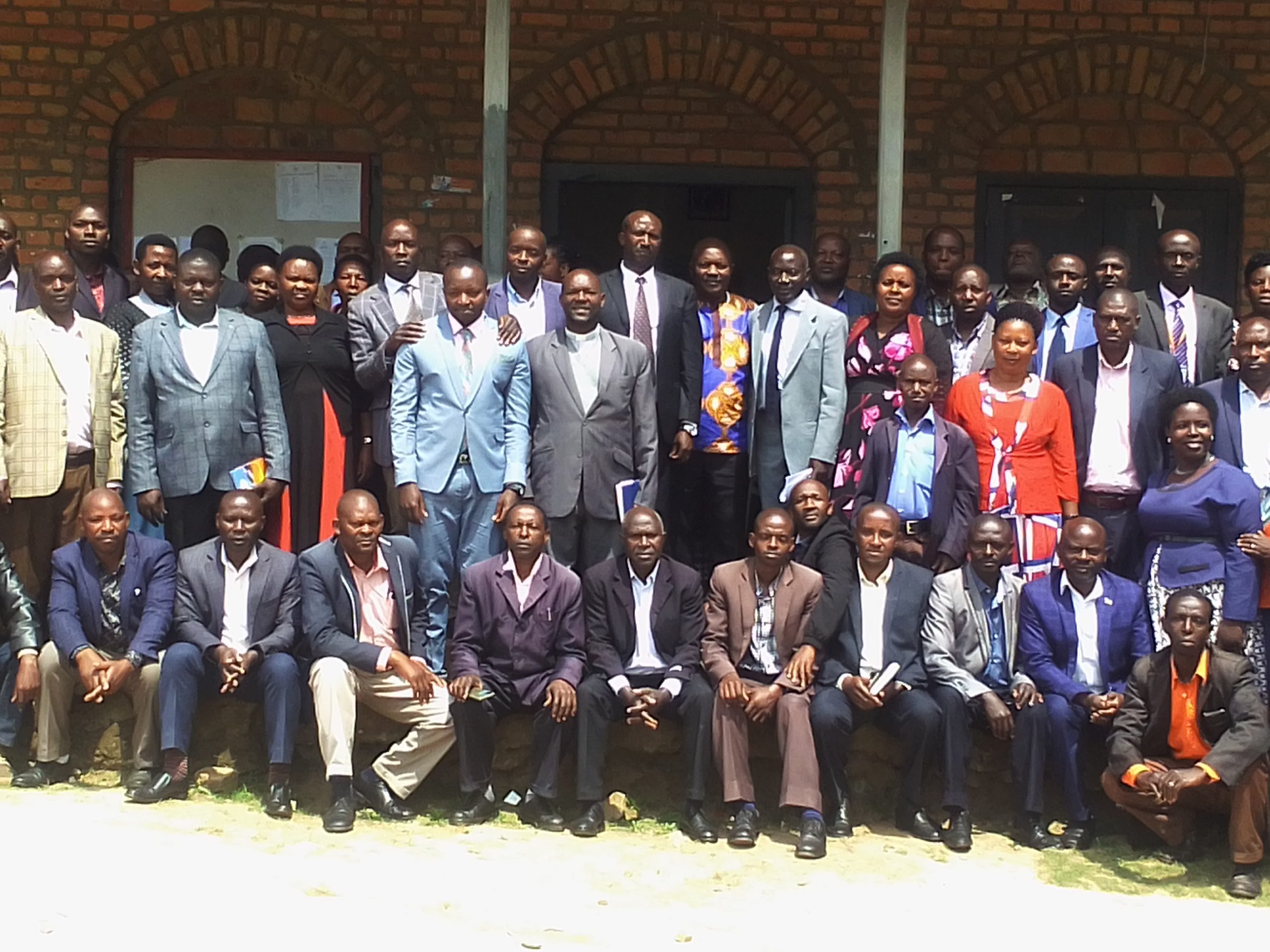




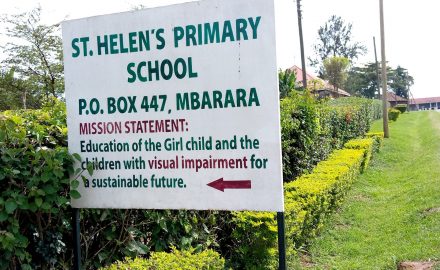
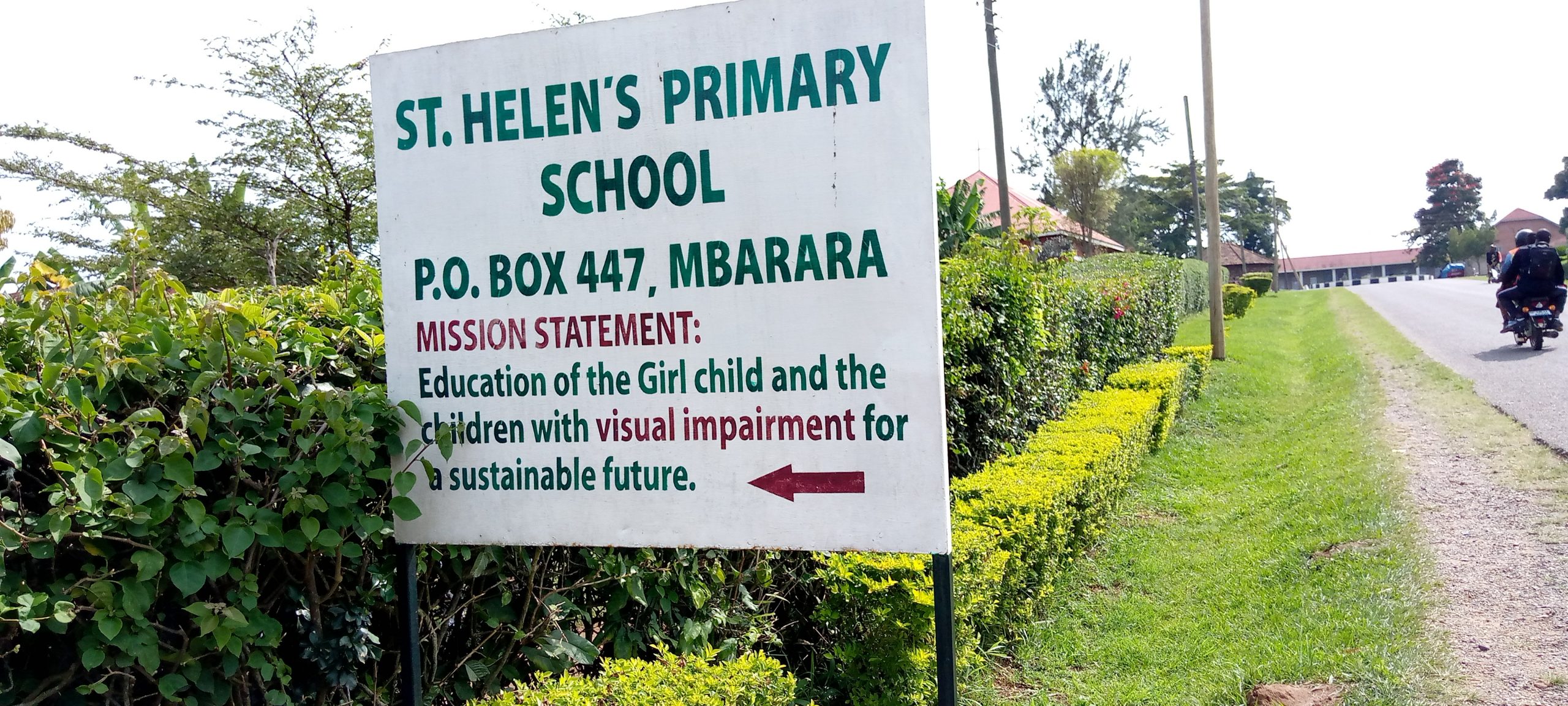

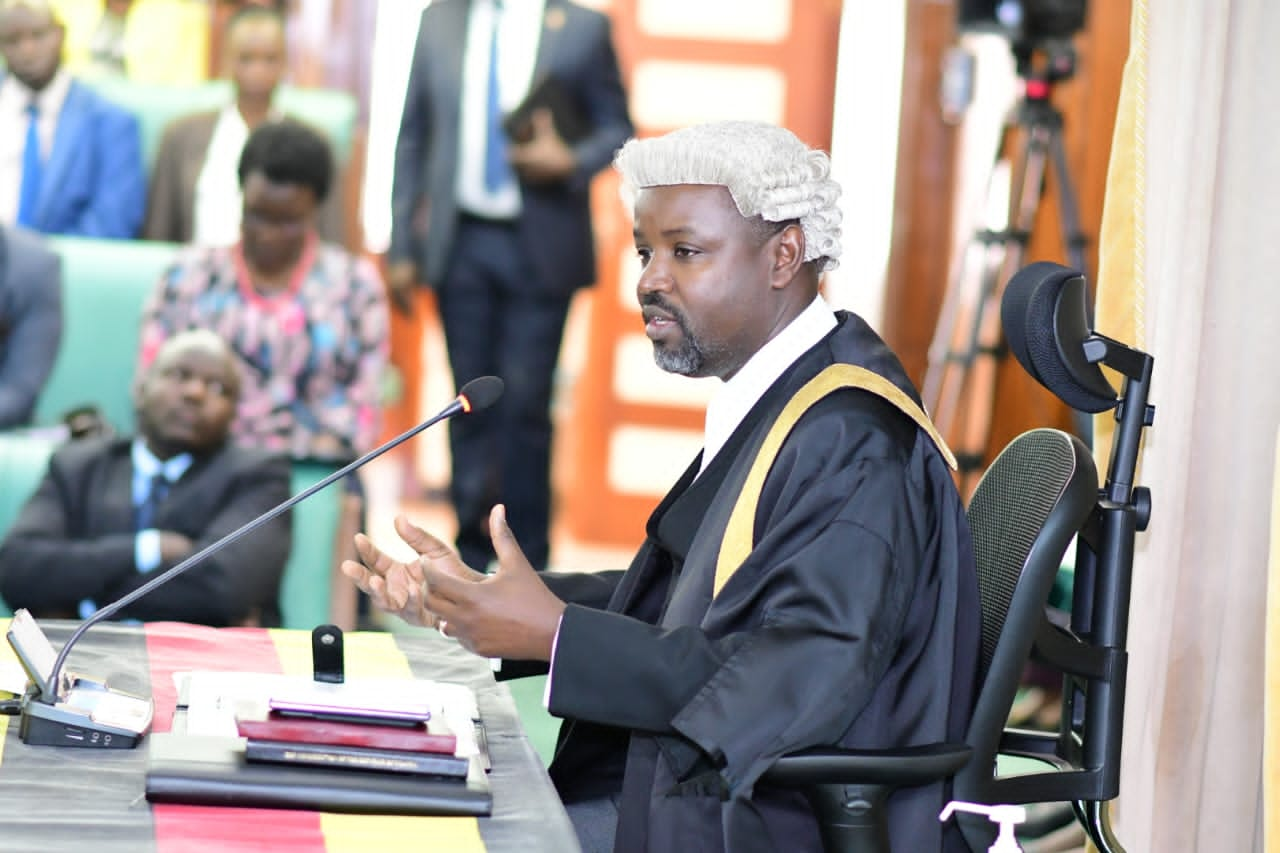






 Views Today : 324
Views Today : 324 Views Yesterday : 745
Views Yesterday : 745 Views Last 7 days : 2951
Views Last 7 days : 2951 Views This Month : 9212
Views This Month : 9212 Total views : 1433895
Total views : 1433895 Who's Online : 6
Who's Online : 6 Your IP Address : 18.222.92.56
Your IP Address : 18.222.92.56